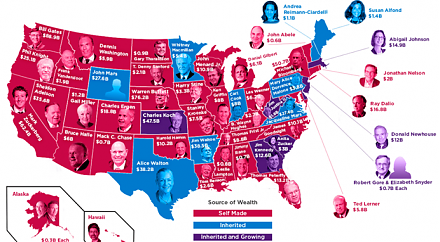

2018-06-01 07:30:00 Fri ET
treasury deficit debt employment inflation interest rate macrofinance fiscal stimulus economic growth fiscal budget public finance treasury bond treasury yield sovereign debt sovereign wealth fund tax cuts government expenditures
The U.S. federal government debt has risen from less than 40% of total GDP about a decade ago to 78% as of May 2018. The Congressional Budget Office predicts that this ratio will surge to 96% in 2028. Although many blame the Trump tax cuts as the key root cause, the increases in health care and retirement benefits suggest a different real reason for U.S. deficit severity.
Harvard professor Martin Feldstein attributes the recent rise of U.S. budget deficit from 4% to 5% of total GDP to increases in Medicare and social security retirement benefits for middle-class older Americans. These increases in core health care and retirement benefits account for about 2.7% of total GDP. The neoclassical Sargent-Wallace thesis suggests that the central bank cannot finance incessant increases in core deficits with government bond issuance regardless of money supply growth. This money supply expansion would lead to inexorable inflationary pressures that defeat the dual mandate of both maximum employment and price stability in the suboptimal fiscal-monetary policy coordination. Inflation serves as a seigniorage tax that would in turn dampen real macroeconomic variates such as household consumption, capital investment, labor supply, and total economic output. In light of this ripple effect on sustainable financial market growth and prosperity, the law of inadvertent consequences counsels caution.
If any of our AYA Analytica financial health memos (FHM), blog posts, ebooks, newsletters, and notifications etc, or any other form of online content curation, involves potential copyright concerns, please feel free to contact us at service@ayafintech.network so that we can remove relevant content in response to any such request within a reasonable time frame.
2018-06-09 16:40:00 Saturday ET

The Trump administration introduces new tariffs on $50 billion Chinese goods amid the persistent bilateral trade dispute. The tariffs effectively boost cost
2025-01-22 08:35:08 Wednesday ET

President Donald Trump blames China for the long prevalent U.S. trade deficits and several other social and economic deficiencies. In recent years, Pres
2020-07-19 09:25:00 Sunday ET

Senior business leaders can learn much from the lean production system with iterative continuous improvements at Toyota. Takehiko Harada (2015)
2021-05-20 10:30:00 Thursday ET

Artificial intelligence, 5G, and virtual reality can help transform global trade, finance, and technology. Core trade technological advances and disruptive
2017-08-01 09:40:00 Tuesday ET

In American states, all of the Top 4 richest people are self-made billionaires: Bill Gates in Washington, Warren Buffett in Nebraska, Michael Bloomberg in N
2019-04-05 08:25:00 Friday ET

Warren Buffett places his $58 billion stock bets on Apple, American Express, and Goldman Sachs. Berkshire Hathaway owns $18 billion equity stakes in America